- Two civilians killed, two injured in junta airstrike on Ramree village
- Bo Nagar’s defection raises security fears for resistance forces in Myanmar’s heartland
- Weekly Highlights from Arakan State (Feb 2 to 8, 2026)
- Freedom of expression curtailed in resistance-controlled areas, report finds
- Conflict leaves Arakan’s historic pagodas in ruins as restoration stalls
Pregnant IDPs in Arakan State in need of healthcare services
With a lack of jobs, rising commodity prices and a lack of humanitarian aid, IDPs are faced with a food crisis and most are forced to eke out a living by doing odd jobs.
11 Nov 2024
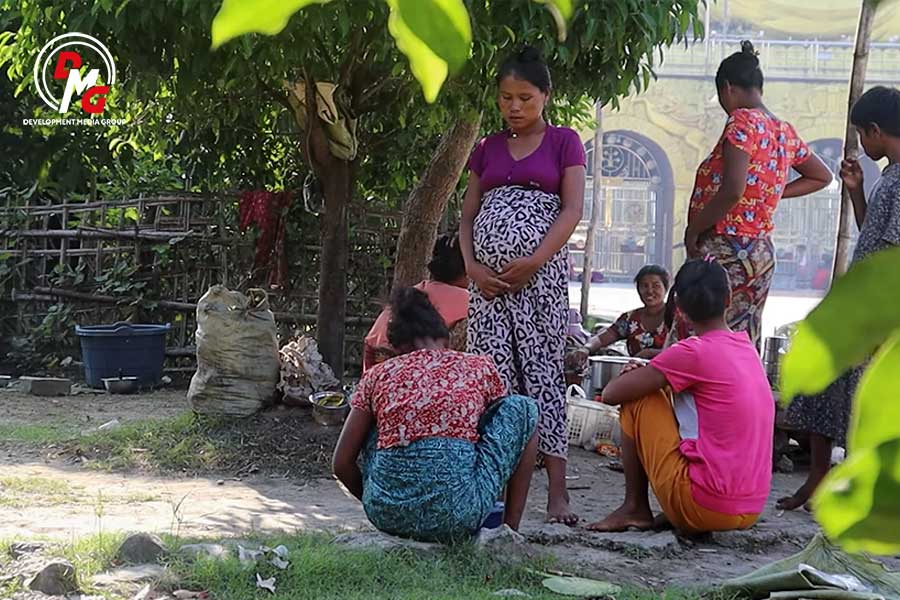
DMG Newsroom
11 November 2024, Sittwe
Pregnant women displaced by fighting between the military and Arakkha Army (AA) in Arakan State are in need of proper healthcare services.
Pregnant women had access to vaccinations and other prenatal healthcare services prior to the latest fighting in Arakan State, which began in November of last year, but now there are pregnancy concerns due to financial constraints and shortages of medicines.
"I used to see doctors and obstetrician-gynecologists, but now I can't see doctors because I don't have money. I want to know the condition of my child. I can't go to the clinic because I don't have money. If I go to the clinic, it costs K40,000," said Daw Aye San Chay, a displaced woman from Sittwe who is currently taking shelter in Kyauktaw Township.
As many as 680,000 people in Arakan State have been displaced by fighting from the February 2021 coup through the end of October, and many internally displaced people (IDPs) are in need of food and medicine.
IDPs have taken refuge at displacement camps, monasteries, schools and religious buildings. Pregnant women often face difficulties giving birth due to accommodation difficulties, financial constraints and access to even bare minimum medical assistance.
"I need a room to give birth. I can't afford to give birth in a hospital or a clinic due to financial difficulties. I make a living as a daily-wage worker," said Daw Khin Win Nwe, a pregnant IDP woman in Kyauktaw Township.
With a lack of jobs, rising commodity prices and a lack of humanitarian aid, IDPs are faced with a food crisis and most are forced to eke out a living by doing odd jobs.
In addition, the healthcare and food security concerns extend beyond the prenatal and delivery phases for both mother and child.
"Pregnant women are not vaccinated, and malnutrition is dangerous for both mother and child. Pregnant women can easily get diseases if they are not vaccinated. Later, maternal and child mortality rates may rise," said a health worker.
Since the latest hostilities began last November, the regime has blocked off land and water routes to Arakan State, resulting in shortages of goods. Local residents across the board have been suffering from the effects of skyrocketing commodity prices, though IDPs and Arakan State's poorest have borne the brunt of the economic pain.
Up to 2 million people in Arakan state face the dire prospect of famine, amid a broader economic collapse and worsening humanitarian crisis triggered by the military's 2021 coup, the UN Development Programme (UNDP) said in a report released last week.
"Rakhine [Arakan State] stands on the precipice of an unprecedented disaster," said the report.




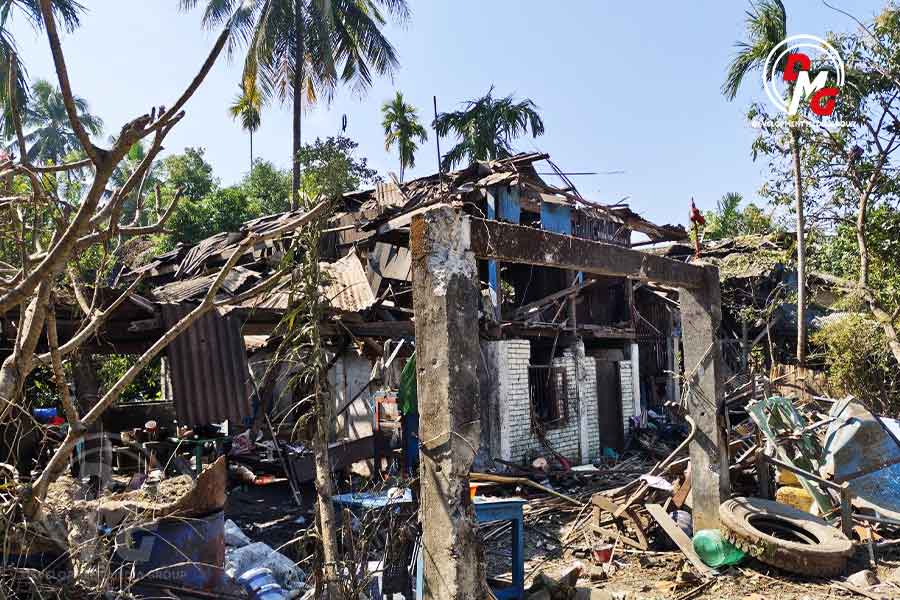
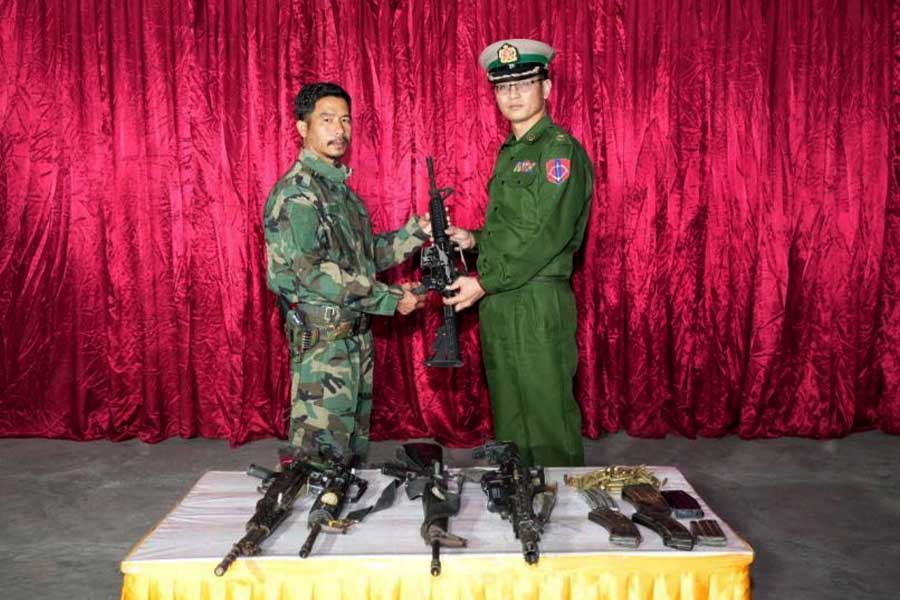
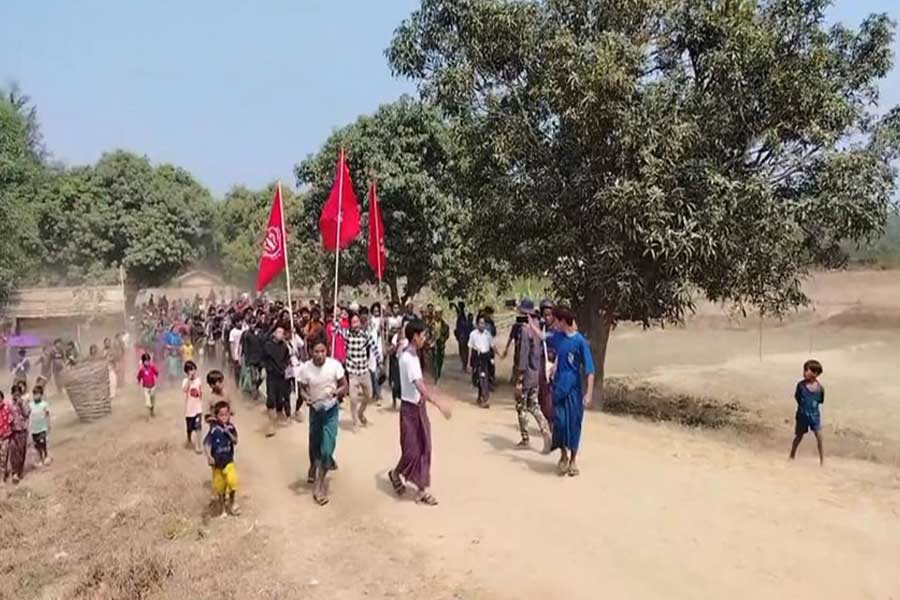
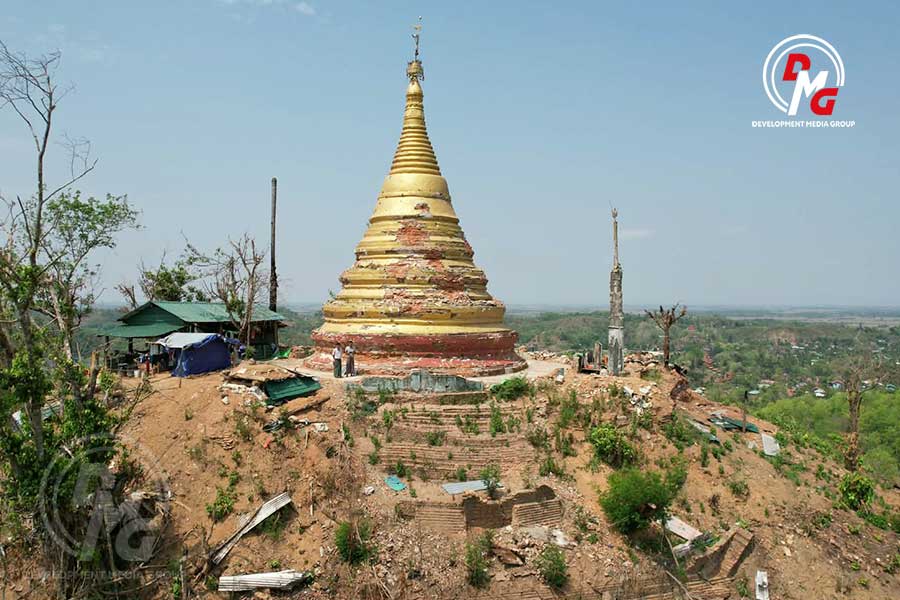
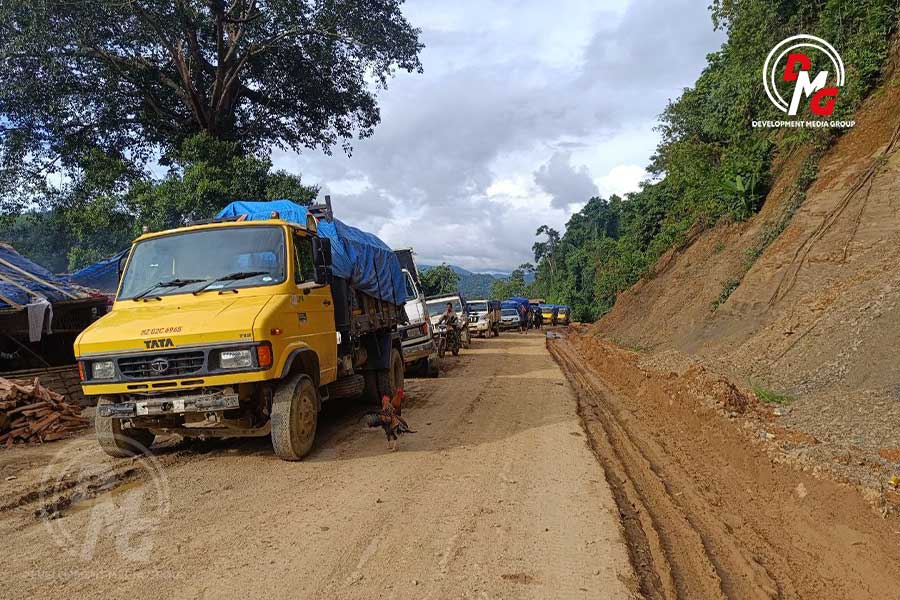







.jpg)
